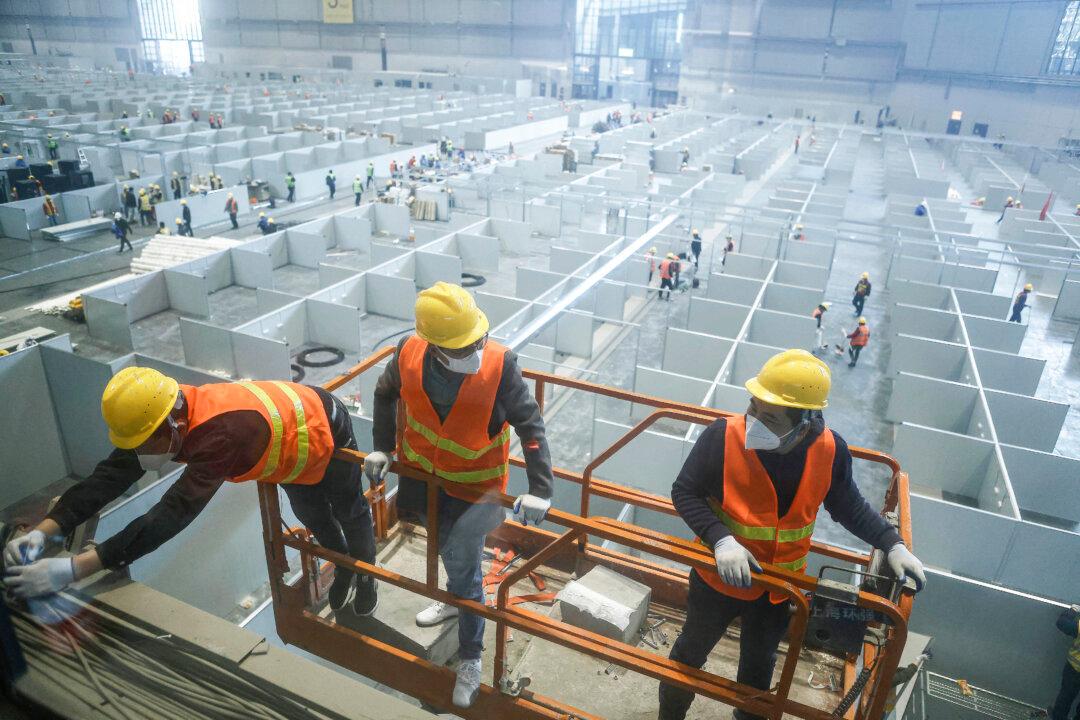The costs of COVID nucleic acid testing every two days and enforcing mandatory quarantine policies in China have left local governments short of funds. Over the past three years of the COVID-19 pandemic, bills have been mounting, putting enormous financial pressure on local governments in the world’s most populous country.
In the first 10 months of this year, local government spending in China grew by 11.8 trillion yuan (about $1.65 trillion) more than its revenue, according to China’s Ministry of Finance. The ever-expanding government debt poses a direct threat to China’s economy. It not only increases the risk that local authorities will default on their debts, but also limits the government’s ability to stimulate growth, stabilize employment, and expand public services.





